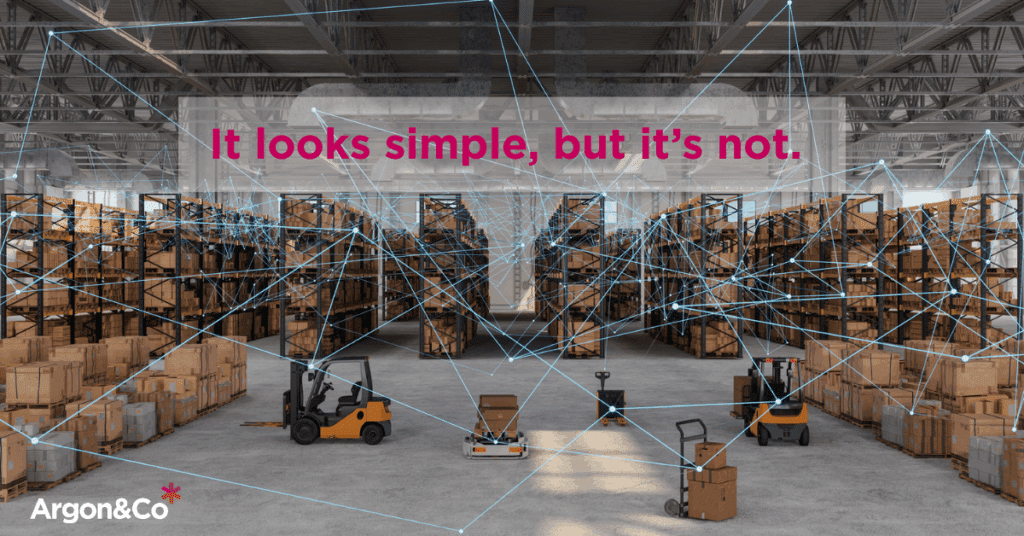
Some companies never consider outsourcing or eliminate the strategic option of outsourcing too early in the supply chain strategy development cycle due to reasons that can be just as inaccurate or inappropriate as poor reasons to outsource. In-sourcing rationale may include:
- An unconfirmed perception that cost will increase if an operation is outsourced. In many cases, this view is expressed by companies that do not know their true cost of supply chain operations.
- Belief that customer complaints will automatically increase due to decreases in overall service levels. The belief is that the partner will not care about the business as much as internal employees do which will not be the case if expectations are properly established and contracts properly structured.
- The perception that only company employees can know their business well enough to effectively serve their customers and no other company could ever do it as well. Their products and market offer may be truly unique but a qualified and experienced 3PL partner may have superior processes for order processing, storage, fulfillment, EDI, packing, labeling, and shipping which could actually better serve their customers.
- Fear of “losing control”. In reality, a well-structured 3PL agreement may yield increased control as 3PLs are operating under a customer centric, cost focused relationship in which all transactions are recorded, monitored and reported on a daily, weekly and monthly basis.
When pursuing a strategy of outsourcing, a company must objectively evaluate its operations relative to outsourcing options. An outsourcing evaluation team should include members from the supply chain organization, finance or accounting, and sales. The evaluation and decision should consider cost analysis, performance gap analysis, financial opportunities, and suitability of operations for outsourcing.
- Cost analysis should include all of the costs associated with operations, including those costs that will be transferred to a service partner and those that will remain with the company.
- Performance gap analysis should include an objective assessment of company performance, strengths, and weaknesses supported by metrics and benchmarking comparisons if necessary. Outside expertise can be very useful for performance gap analysis in order to obtain objective results.
- Financial opportunities assessment includes reviews of fixed to variable cost conversions, potential cost of technology upgrades, matching cost to volume fluctuations, and benefits to the balance sheet or corporate capital structure.
- Suitability analysis refers to objectively evaluating process details in light of the performance gaps to determine the most likely candidates for enhancement through outsourcing.
Cost analysis is critical prior to engaging in an outsourcing process for logistics or supply chain operations. The team must evaluate warehousing costs for space, labor, and technology relative to activity profiles. Detailed analysis of inbound and outbound transportation cost should be summarized by location and mode. The team must identify costs of customer service operations and inventory investment that can also be impacted by an outsourcing option.
Identifying and understanding all of the operational costs is important as an input for making the decision to outsource logistics operations. Recognizing regional differences and understanding the business, product, customer, or facility drivers that influence cost performance is important to developing functional requirements and evaluating future vendor proposals. Once all of the costs are identified and documented, the team should project which costs will be transferred to potential service providers and which will be retained after outsourcing. Some providers may propose different levels of service or optional services that can transfer or defer different cost components. Cost analysis is an important initial step of the total outsourcing analysis and justification process.
Look for the future discussion of gap, financial structures, and suitability analysis and check out Part 1: Outsourcing Motivations.
As of September 8, 2020, Crimson & Co (formerly The Progress Group/TPG) has rebranded as Argon & Co following the successful merger with Argon Consulting in April 2018.







